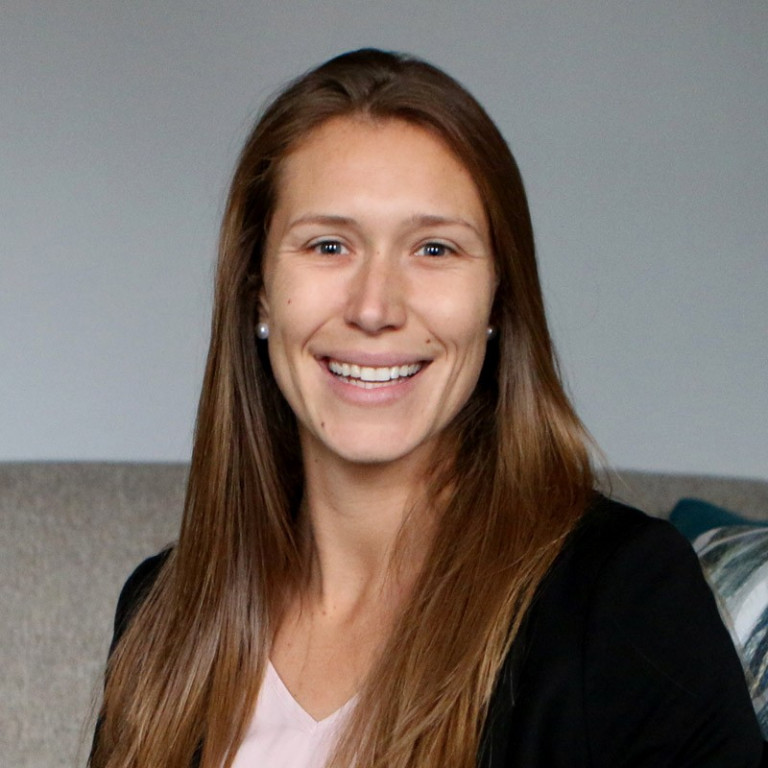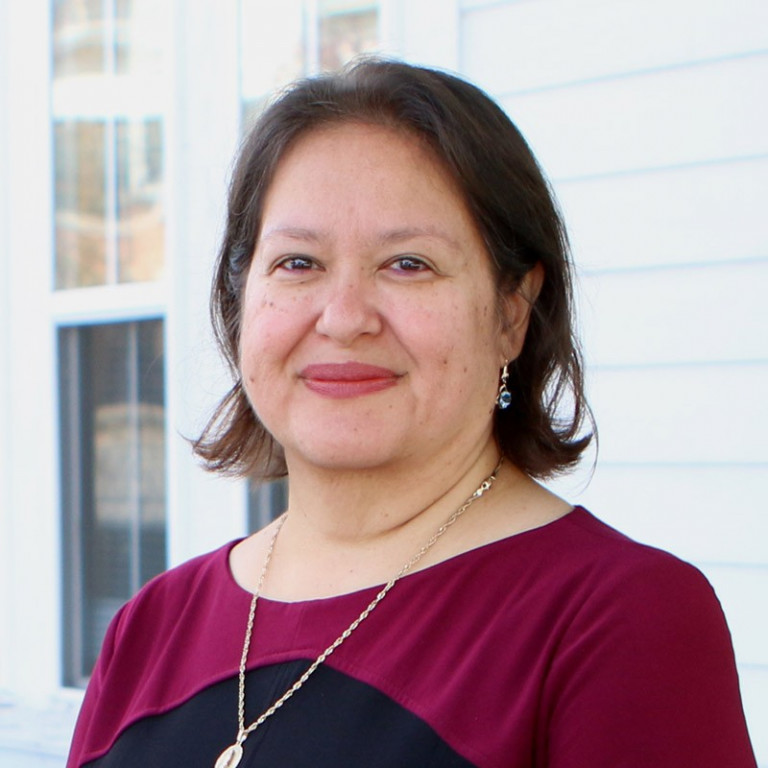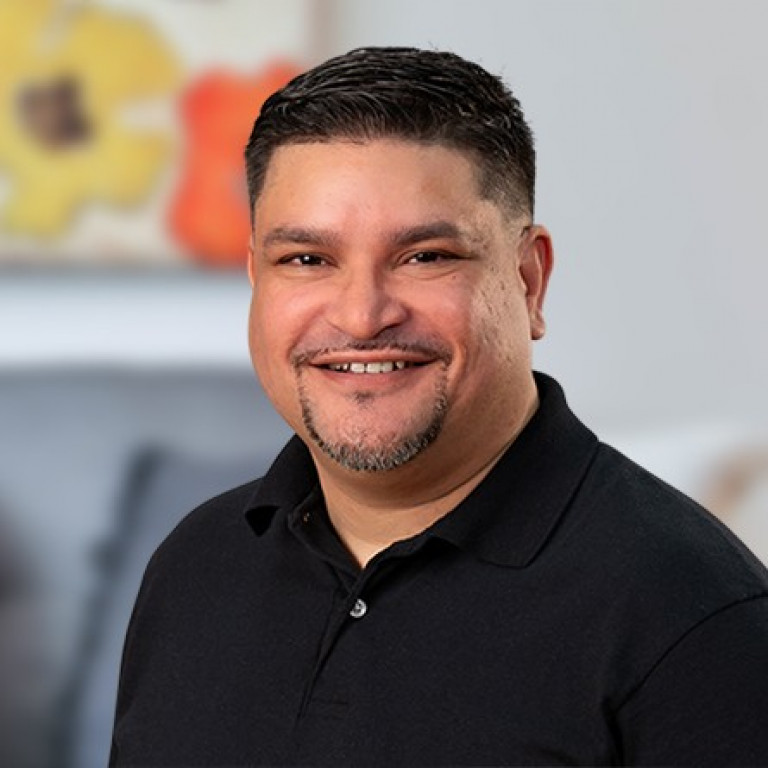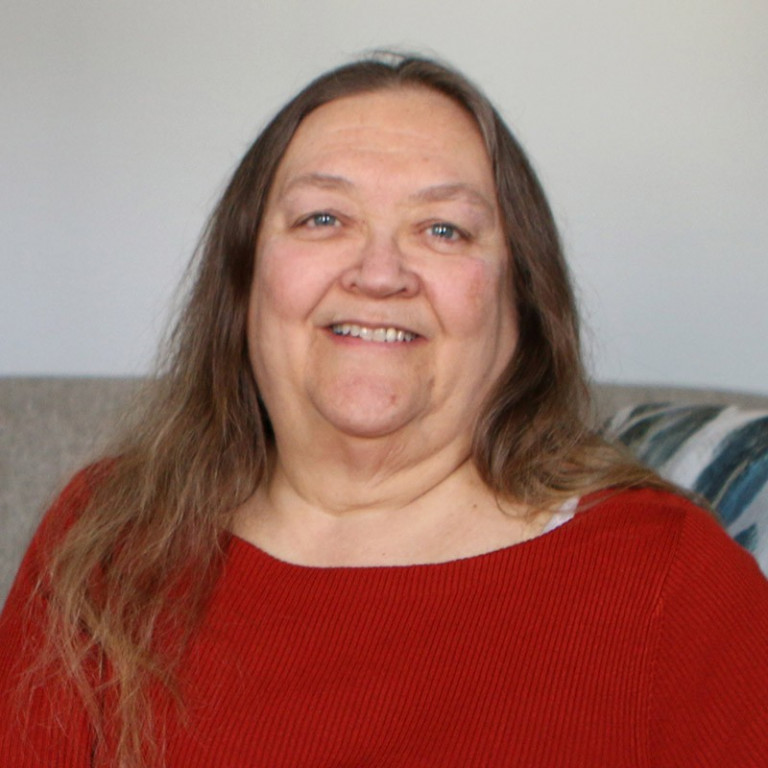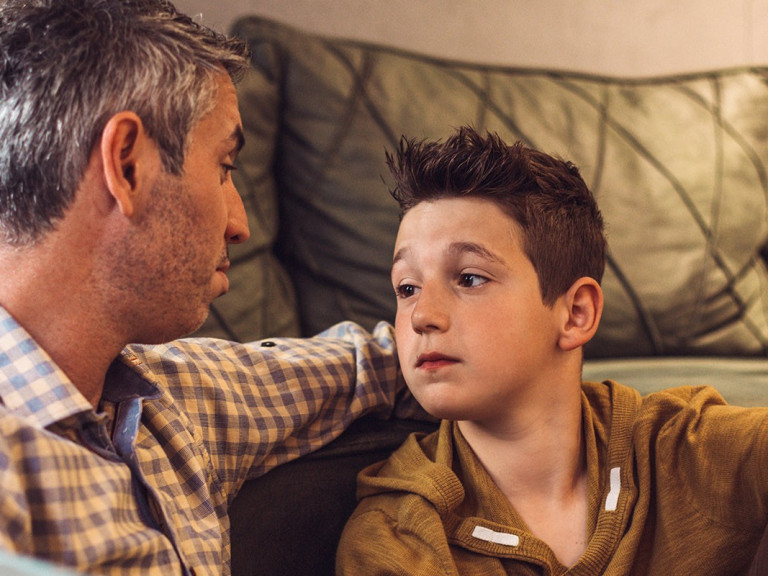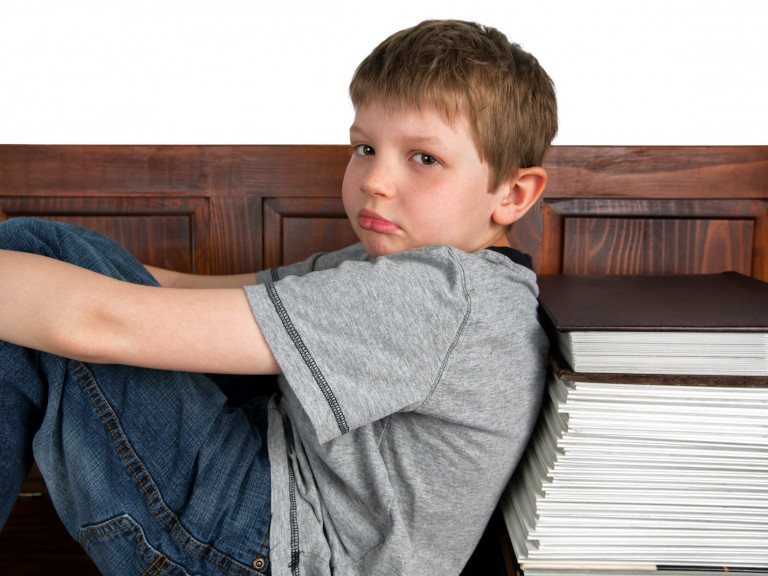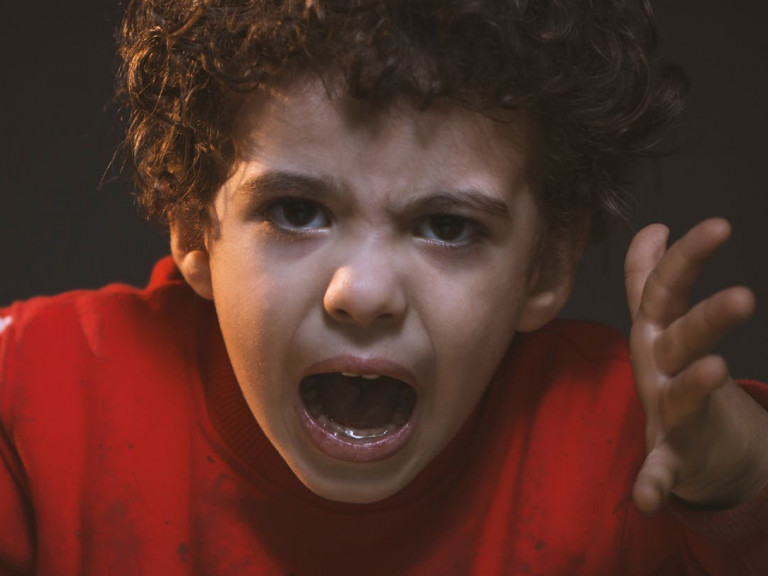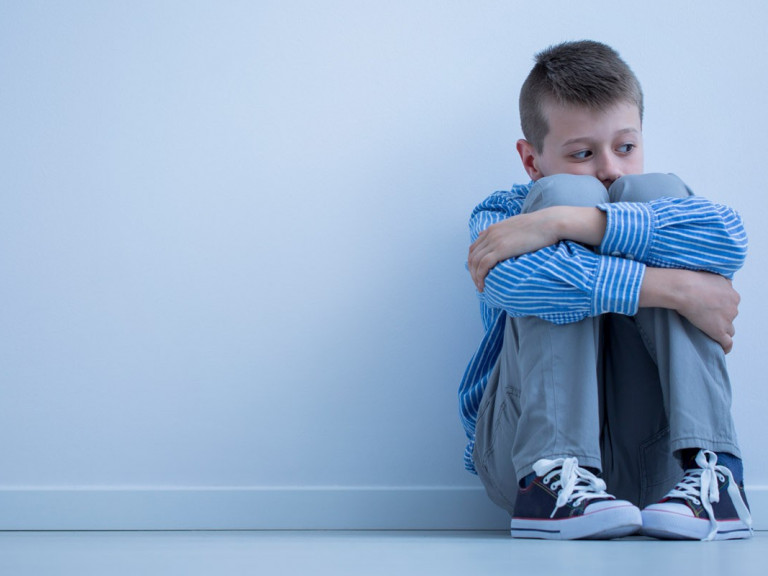Oppositional Defiant Disorder in Children
"Solving problems together? Yes, indeed. You and your child are going to be allies, not adversaries. Partners, not enemies." - Ross W. Greene, The Explosive Child: A New Approach for Understanding and Parenting Easily Frustrated, Chronically Inflexible Children
Is your child consistently hostile, uncooperative, and angry? Has attempting to correct the bad behavior only made it worse? All children can be unruly and difficult from time to time, but persistent defiance may be a sign of a mental health issue. Oppositional defiant disorder (ODD) in children is a common reason for such challenging behavior.
As a parent, it is essential to know that ODD is not your fault, but your child needs you to help them manage this condition. The mental health professionals at Goodman Psychologist Associates can help parents like you and children with oppositional defiant disorder live healthier, more peaceful lives.
What is Oppositional Defiant Disorder (ODD)?
Oppositional defiant disorder in children is a behavioral disorder that develops around early preschool age and affects an estimated 2% to 11% of all school-age children in the United States. Often, oppositional defiant disorder goes undiagnosed because parents may label their child as "a bad kid" or excuse their behavior as a "phase they will grow out of."
ODD is diagnosed by mental health professionals based on a medical history and interviews with the child, parents, and others who have witnessed excessive defiant behaviors not usually associated with that child's age that have continued for more than six months. The defiance and hostility are directed at authority figures and disrupt the child's environment. A child with ODD will display at least four of these symptoms:
- Is irritable, resentful, angry, or easily annoyed
- Has temper tantrums or loses temper a lot
- Defies, disobeys, or argues with adults, especially authority figures
- Purposely annoys or upsets other people
- Blames others for their own mistakes or disobedience
- Is vindictive and spiteful
The severity of oppositional defiant disorder in children depends on how many places this constant hostility towards authority figures is present. Mild ODD might only happen at home or school; moderate ODD happens at two different places, usually home and school; severe ODD will occur anywhere there is an authority figure to challenge.
Normal Child Behavior vs. ODD
How can parents tell whether their child is just a kid and when the behavior has become clinical? It is a normal and healthy part of development for a child to occasionally be defiant. A child has especially rebellious behavior as they struggle for autonomy, first during the terrible twos and threes and then escalating again as preteens.
A neurotypical child will misbehave, express their emotions outward, fight with siblings, challenge authority, and be disobedient, but their behavior is short-term, sporadic, and situational. Additionally, non-disordered children are influenced by consequences that will change their behavior over time. On the other hand, ODD children have temperament issues, don't like being told what to do, and aren't easily swayed by consequences.
Because children often display bad behavior, only a mental health professional can diagnose and treat oppositional defiant disorder.
Treating Oppositional Defiant Disorder
Treatment for oppositional defiant disorder is available and crucial. Untreated ODD can lead to conduct disorder, a more serious, violent behavior disorder. It can also increase your child's risk for additional behavior or mood disorders, substance abuse, and delinquency.
Cognitive behavioral therapy (CBT) is not always effective in correcting defiant behaviors in children, so ODD treatment is a combination of different types of therapies and may include medication. Behavioral therapies and training tailored to your family's specific needs are used to:
- Help parents learn how to communicate more effectively without triggering the oppositional attitude.
- Develop problem-solving skills for both the family and the adolescent.
- Break down the ODD behaviors into small manageable chunks so that small changes will grow into full behavior adjustments over time.
- Build anger management skills.
Front-end parenting is one way we can treat oppositional defiant disorder in children. It circumvents situations or removes the prompting events that trigger ODD behavior. If you know mornings are a problem for your child, front-end therapy means finding what causes the problem and eliminating it.
For example, if your child is triggered by feeling rushed in the morning, you could adjust morning routines by removing a morning task to give you more time, pack lunches or backpacks earlier (or the night before, or select and laying out clothing the night before.
Treatments with a psychologist or other mental health specialist will help the whole family build more positive interactions and manage the problematic behaviors inherent in ODD. Treatments will also depend on the severity of the ODD, the child's age, and any co-existing mental health issues, like an anxiety disorder or attention-deficit/hyperactivity disorder (ADHD).
Discipline and Treatments to Avoid
No matter how bad the behavior is, there are treatments and disciplines you can't use. Tough love, scare tactics, and “discipline boot camps” will not help your child with ODD. Don’t slap, spank or otherwise use violence, and avoid matching the child’s energy by screaming and yelling.
Help for Parents of Children with Oppositional Defiant Disorder
Parents of a child with oppositional defiant disorder need a lot of support, which is why they can address their feelings and frustrations as part of ODD therapy. In addition, it is often recommended that parents participate in additional private therapy for self-care. Personal therapy can help the parent realize that ODD is not a result of bad parenting and that their child with ODD can be a warm, loving, and empathic kid, too.
Besides therapy, you can help yourself by learning how to parent oppositional defiant disorder in children at home using these tips:
- Inconsistent discipline can make defiance behavior worse. Consistency is key when enforcing age-appropriate rules and consequences.
- Take a break if the conflict between yourself and your child is getting bigger. If your child asks for a time-out or space to prevent an outburst, give it to them.
- Don't die on every hill. A kid with ODD has trouble avoiding conflict with adults, so prioritize what you need from your child and start there.
- Practice positive reinforcement. Praise and reward your child when they show cooperation and compromise.
- Ask for help. Oppositional defiant disorder in children requires a lot from parents. Find support for yourself, maybe through teachers and coaches, and make healthy lifestyle choices.
- Enjoy time for yourself and manage your stress. Engage socially or find hobbies so that you aren't spending all your time and energy managing your ODD child.
What to Do if You Suspect Your Child Has ODD
ODD is suspected when a child's disruptive behavior, disobedience, and angry outbursts last six months or more. If your child displays any oppositional defiant disorder symptoms, you need to have them evaluated by mental health professionals.
You can't change your kid's behavior by ignoring or punishing their disruptive actions, but you can find solutions and support through therapy. Goodman Psychologist Associates has specialized therapists trained in child psychology who can provide treatment for ODD and diagnose and treat any co-existing mental health disorders. Early intervention is critical to the health and wellness of the child and their family. Call Goodman today at 630-377-3535 or visit our contact page today.






